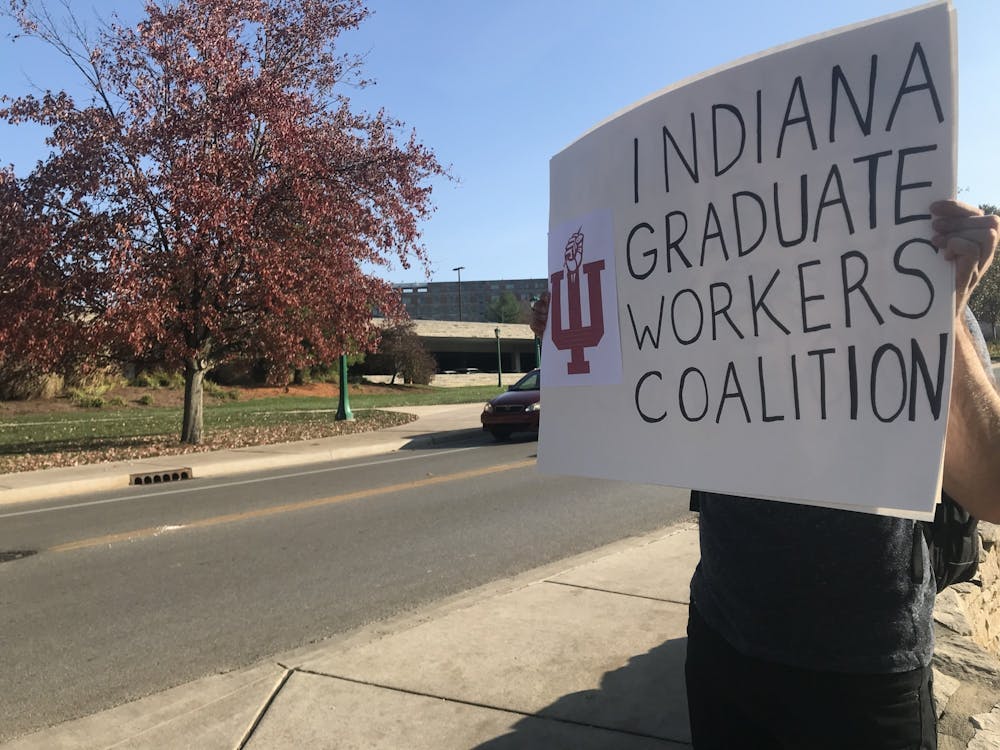On April 1, a majority of employees working at Amazon’s Staten Island warehouse voted to form the first Amazon union in history. The triumph of the Amazon Labor Union is perhaps the greatest indicator yet of a renewed American labor movement.
The past year saw a much-needed surge in labor militancy. The first Starbucks in the U.S. voted to organize a union, and since then, sixteen other Starbucks locations have formed unions. The month of October 2021 was dubbed as #striketober due to around 25,000 workers going on strike throughout the country. Millions of workers quit their jobs in 2021 in what has been called the “Great Resignation,” with many workers citing low pay and disrespect among reasons for quitting.
American workers are fed up. They’re tired of being called “essential” while getting paid starvation wages — and they’re fighting back.
This is an encouraging development. Unions in the U.S. used to be strong, with over a third of the workforce belonging to a union in the 1950s. But by the 1980s, union membership was in decline, with legal protections slowly stripped away from unions by reactionary lawmakers and judges.
The decline in organized labor was precipitated by an event in 1981, when President Ronald Reagan fired over 11,000 striking air traffic controllers. As federal government employees, they were forbidden by law to strike, but they did so anyway, and Reagan had no mercy for them.
Related: [Graduate workers opened virtual poll Sunday for vote to authorize strike]
It’s easy for left-wing observers like myself to be excited about growing labor militancy in the U.S., but historical events like Reagan’s firing of over 11,000 workers at once must trigger something like fear, not excitement, in the hearts of many workers fighting now for their rights.
We mustn’t overlook the bravery of people like Christian Smalls, who started the Amazon Labor Union after being fired by Amazon in 2020 for leading an employee-walkout over unsafe work conditions. Amazon is notorious for its union-busting, going so far as to cheat in the Bessemer, Alabama union election last year. On Friday, Amazon filed an appeal with the National Labor Relations Board seeking to overturn the ALU’s victory.
So, while renewed labor activity has been exciting to watch, we have to keep in mind the struggle the workers must endure. Capitalists are ruthless in their suppression of labor organizing because they know unions empower workers. Increased wages, benefits and job security come with unionization — this necessarily comes at the expense of the capitalists.
Let the reactionaries weep for them! Forgive me if I’m unconcerned about the shareholders at Amazon.
And forgive me if my allegiances lie with IU’s graduate workers and not with the administration exploiting them. IU students need not look to Staten Island to see class struggle — they only have to look out the window.
The Indiana Graduate Workers Coalition-United Electrical Workers have been trying for some time to organize a labor union, seeking a living wage with annual raises and protected benefits, amongst other goals. But so far IU has denied the IGWC-UE’s request to hold a union election, and the university even denies recognizing graduate workers as employees, instead referring to them as “academic appointees.”
Related: [As graduate workers prepare for strike, provost lays out potential consequences]
These “academic appointees” teach nearly 700 classes and contribute research, which secures IU millions of dollars in grant money. This is exploitation at its most obvious — the graduate workers produce far more value for IU than they receive in return.
The IGWC-UE will vote Sunday on whether to strike if the administration continues to deny them a path toward union recognition. If they decide to strike, undergraduate students must show our solidarity with them in their struggle. They do a great deal for us and for this university, and they deserve just compensation.
While labor activism here and across the country is cause for some excitement and optimism, we must understand labor organizing will continue to be met with resistance. The ALU’s victory is a fragile one, and the Graduate Workers here have been threatened with suspension or termination if they decide to strike.
They probably do not have the luxury of excitement, but they should know many of us support their efforts. The workers will prevail — they must.
Jared Quigg (he/him) is a sophomore studying journalism and political science.




